Policy Guidance
UConn Early College Experience (ECE): Language and Branding Guidance
UConn Early College Experience (ECE) is the University of Connecticut’s nationally accredited concurrent enrollment program, administered by the Office of Early College Programs. UConn ECE is distinct from other early college offerings at UConn, such as UConn Dual Enrollment and UConn Pre-College Summer.
UConn ECE enables high school students to take UConn courses in their high school with instruction provided by UConn-certified high school teachers. These courses are identical in content and rigor to their on-campus counterparts and result in an official UConn transcript.
To ensure clarity and consistency in communication, use the following guidelines:
- Refer to "UConn courses offered through the UConn Early College Experience program", not “ECE courses”
- Define UConn ECE in full on first reference, particularly in public-facing or non-UConn materials
- Use "dual credit opportunities" or "college credit opportunities for high school students" when communicating with general audiences
- Avoid confusion with other institutions’ programs by always specifying UConn Early College Experience
UConn ECE is the largest and most established program of its kind in Connecticut, and the only NACEP-accredited concurrent enrollment program in New England. The value of UConn credit earned through UConn ECE reflects the quality and academic integrity of a UConn education.
Detailed Guidance on the Use of Language Describing UConn Early College Experience (ECE)
Purpose
This guidance is intended to ensure consistency, accuracy, and clarity in how we communicate about UConn Early College Experience (ECE), especially as the program grows in visibility across University platforms and public-facing materials. Clear, consistent language not only strengthens UConn’s brand identity but also helps stakeholders—including students, families, faculty, and external partners—better understand what UConn ECE is and how it fits within the broader landscape of dual credit education.
Why It Matters
- The acronym “ECE” is not widely understood outside of Connecticut.
- UConn Early College Experience should not be confused with programs at other institutions, such as Eastern Connecticut State University’s Office of Early College Experiences, which includes both concurrent and pre-college programs.
- Using nationally recognized terminology such as concurrent enrollment and dual credit provides clarity and positions UConn ECE within the larger educational context.
About UConn Early College Experience
UConn Early College Experience (ECE) is the University of Connecticut’s accredited concurrent enrollment program and is administered by the Office of Early College Programs. It is the oldest, largest, and only NACEP-accredited program of its kind in New England, serving over 20,000 students annually in nearly 200 Connecticut high schools.
Through UConn ECE, UConn-certified high school instructors teach UConn courses at their high schools. Students earn official UConn credits, which appear on a UConn transcript and are eligible for transfer to many colleges and universities.
UConn ECE is distinct from:
- UConn Dual Enrollment – UConn courses taken by high school students on a UConn campus
- UConn Pre-College Summer – A non-credit, on-campus residential summer program for high school students
Key Language Principles
| Use | Avoid | Why |
| “UConn courses offered through the UConn Early College Experience program” | “ECE courses” | Reinforces that these are official UConn courses, not a separate track |
| “Concurrent enrollment” when addressing professional/educator audiences | “ECE” without context | “Concurrent enrollment” is the nationally understood term |
| “Dual credit opportunities” or “college credit opportunities for high school students” when speaking to public/external audiences | Jargon or acronyms | More accessible and inclusive language for broader audiences |
| Always refer to the program as UConn Early College Experience (not just ECE) | “Early College Experience” (generic) | Avoids confusion with other institutions, including ECSU's Office of Early College Experiences |
FAQs on the Use of Language Describing UConn Early College Experience (ECE)
Q: What is the difference between concurrent enrollment and dual enrollment?
A: Concurrent enrollment refers to college courses taught in high schools by certified high school instructors (e.g., UConn ECE). Dual enrollment includes all types of college coursework taken by high school students, including courses taken on a college campus.
Q: Why not call them “ECE courses”?
A: “ECE courses” is informal and may mislead audiences. These are official UConn courses, transcripted and overseen by UConn departments. The correct phrasing is “UConn courses offered through the UConn Early College Experience program.”
Q: Are UConn ECE courses the same as AP?
A: No. UConn ECE courses are actual college courses with earned UConn credit. AP courses are high school courses with optional college credit based on exam performance and individual institution policies.
Q: Who is eligible to take UConn ECE courses?
A: Only students enrolled in Connecticut high schools that are official UConn ECE partner schools.
Q: How do UConn students apply credit earned through UConn ECE?
A: Students who matriculate at UConn may elect to apply UConn credit earned through ECE to the degree portion of their official undergraduate transcript. This decision must be made before the start of the student’s second semester as a degree-seeking student.

